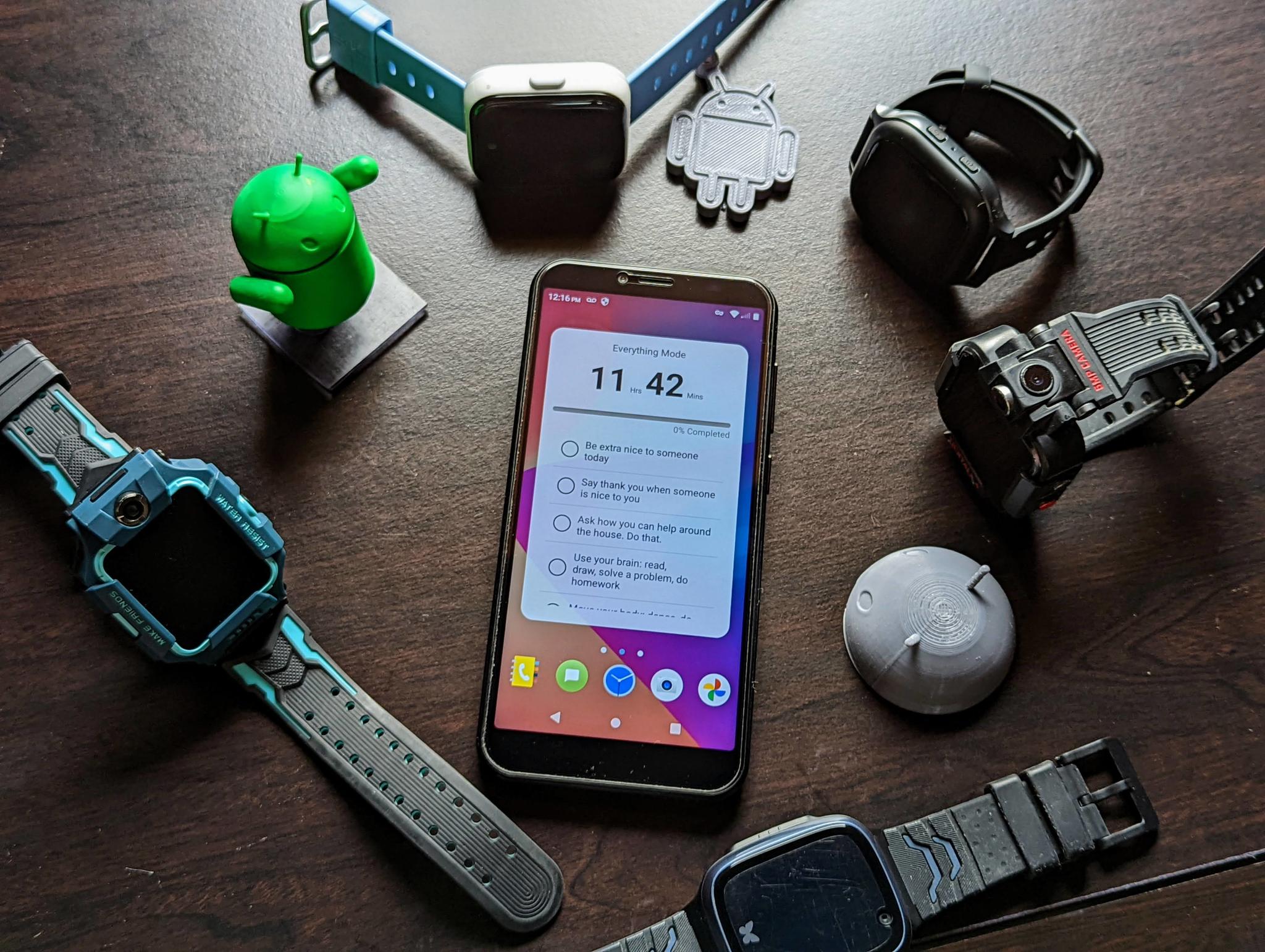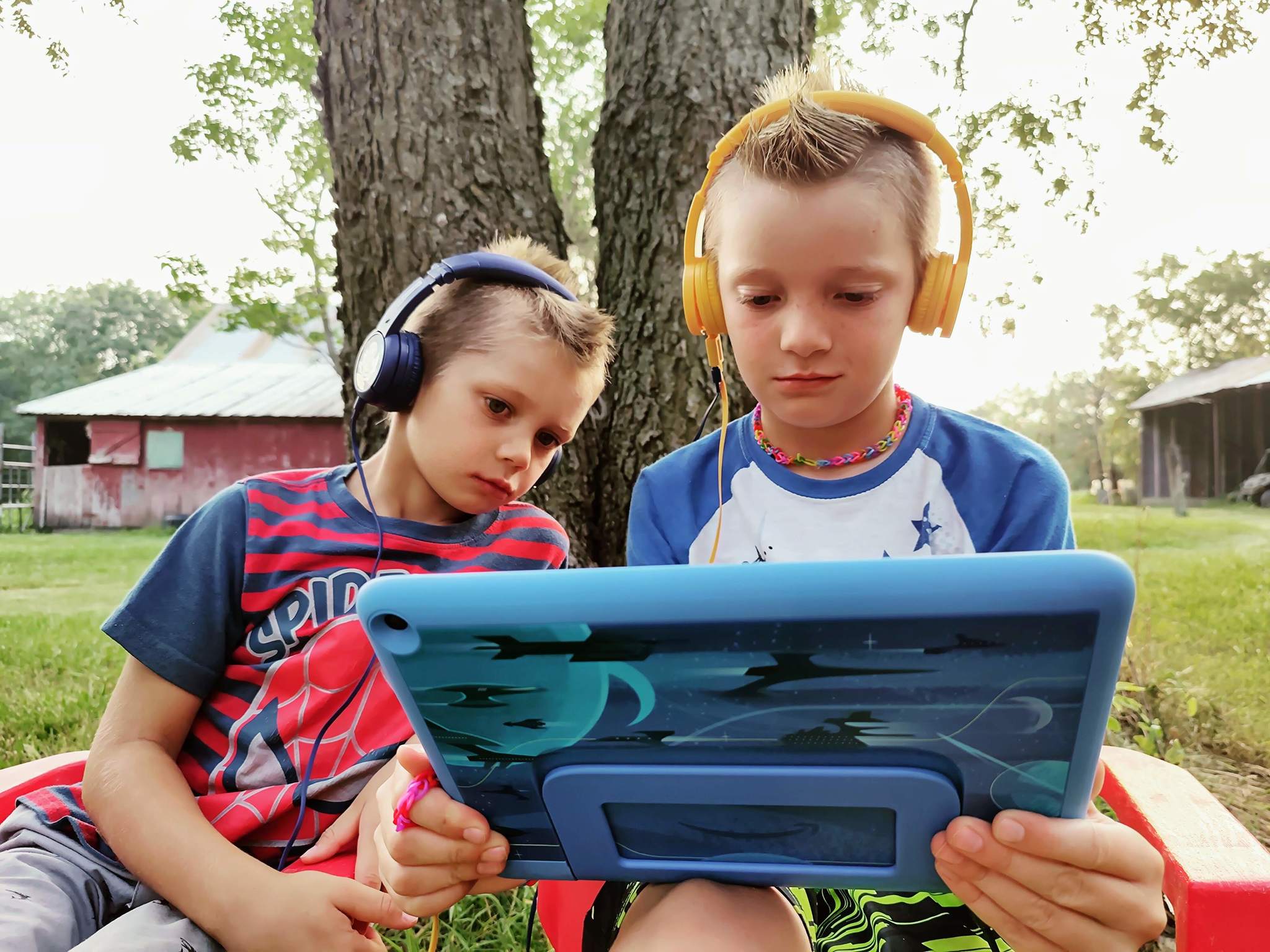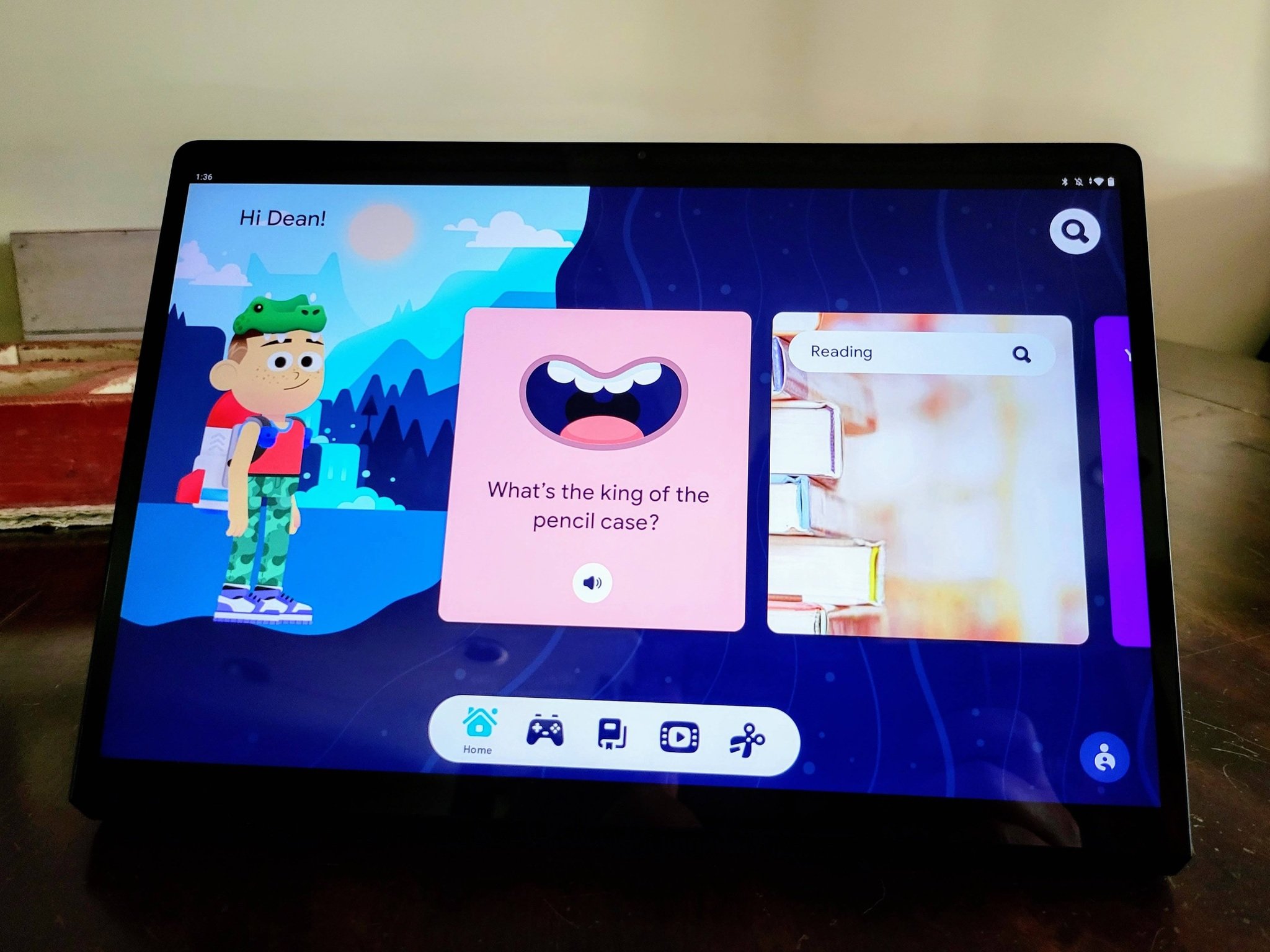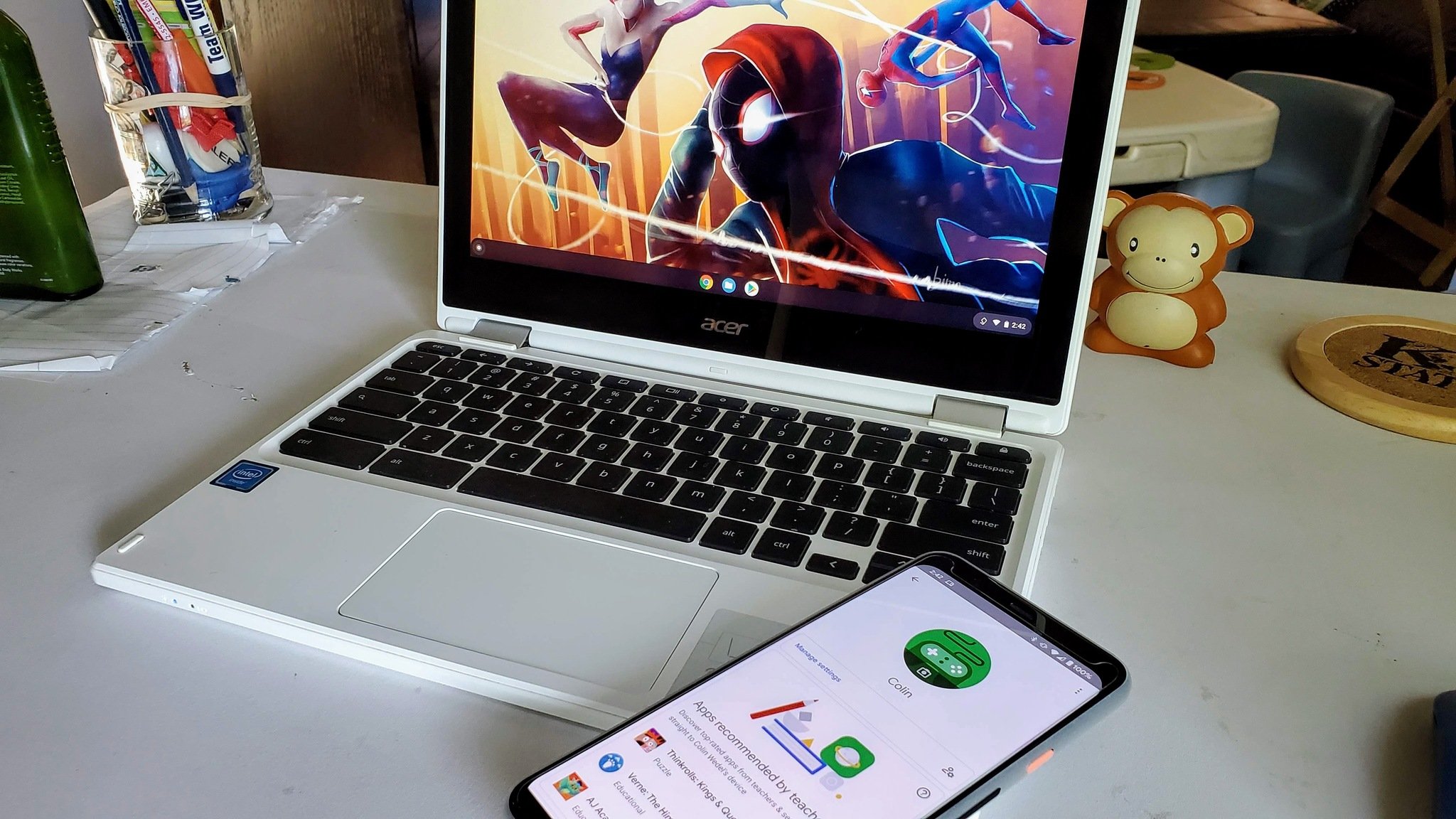Smaller brands aren't to be overlooked in the kids' tech space
Google cracked the door into the kids' space, but smaller brands continue to kick it wide open and show the tech giant how it's done.
Technology and science seem like magic in many ways, even to adults, but to a child, it's hard to convey all the effort from the teams of people who make devices like tablets work. As a person in this industry, with two boys, I see the wonderment in their eyes every day, and it's a constant battle of balance. That balance is finding safe kids' tech that's trusted not only to withstand the treatment of a child, but also ones that are private and secure.
One of the primary issues parents face is finding kids' tech trustworthy enough to give to their children. Google should be one of those companies, but it isn't making the push it should. Yes, Google has Family Link, but it has many limitations. Some include: shared in-app purchases, workarounds for parental controls via third-party app installs, a lack of content monitoring, and more. Then there's Google Kids Space for tablets with its own set of limitations, plus it's only available for a minimal number of devices.
Google is one of the largest tech companies in the world, and its competitors are lapping it in the kids' tech space.
I'm not saying that what Google has accomplished so far is bad, but we're talking about Google here. It can do better. Apple made it possible for kids to use its Apple Watch and even makes it easy to share in-app purchases across devices. Then there's Amazon with its fantastic Kids+ service, making the Fire Kids tablets some of the best Android tablets for kids - period.
Amazon's Kids lineup of products and software is great, but plenty of Google services are missing in the retail giant's ecosystem. Even though Amazon has a big lead in the tech space surrounding kids, Google has all the tools to make up ground. Thankfully, if you want to get a gadget for your child, there are options outside the big brands.
But, for every good piece of tech targeted toward kids, there are at least 10 you should avoid for various reasons. Herein lies another hurdle for parents searching for trustworthy devices and services for their kids - many of these brands can be hard to find. However, these brands are making excellent products and innovative services that lead the charge in kids' and parental tech.
I've reviewed a bunch of excellent kids smartwatches like the TickTalk 4 and the Gabb Watch. Gabb, aside from making a watch for kids, also offers a smartphone, which I'm in the process of reviewing, that utilizes a custom installation of Android to help protect kids.
Another brand working hard to give kids a smartphone experience they will enjoy while ensuring parents have peace of mind about letting their child use a phone is Pinwheel. Shelley Delayne, CMOM (Chief Mom) at Pinwheel, told Android Central about some of the challenges the company is facing in this space.
"We're a mission-driven startup, and our small size sometimes contributes to supply chain challenges on the hardware side. We want to set a new standard for the way kids develop mastery over their technology," Delayne says. "Our collaboration with the Digital Wellness Lab, a research entity out of Boston Children's Hospital and Harvard University, grounds our work with their research on the impact of technology on child development. Because that landscape has evolved so much recently, even the latest research from leading experts covers uncharted territory."
I agree. Kids are crafty in finding ways to get what they want. Whether it's asking another parent permission for something after one already said no, or trying to access a blocked app or website. It's a constantly changing situation, and one that parents and the companies that manage these services and devices, must evolve with. It's also a situation where Google, as a company with the horsepower, intelligence, and information to aid, should do so.
When asked in what ways Google makes it easier or harder to develop products for kids and parents, Delayne notes, "Google makes great tooling and infrastructure for distributing apps, but Family Link doesn't play well with Pinwheel."
So whether the friction between Family Link and Pinwheel is a byproduct of the two pieces of software's safety measures, Google's unwillingness to help or its lack of awareness, means the issue persists.
As a parent, I want Google to improve its relationship with brands like Pinwheel and with parents directly. So many children are very familiar with Google from using Chromebooks for educational purposes and parents picking up one of the best Chromebooks for students to for use at home. But then this puts parents squarely into managing and setting up the Chromebook for their kid.
While Google continues to sit still in providing comprehensive software and hardware for families, Pinwheel and others are pushing forward. Creating a product that people will enjoy using isn't easy, but it's far more difficult when kids are involved. So what could make Pinwheel's job easier in its path to create quality products and services? Delayne believe it's simple.
"On our path to create quality products and services and make life better for parents of digital natives, we strive to form relationships with other like-minded companies," Delayne says. "We look forward to the day we can collaborate with industry leaders like Google, who shape so much of the digital environment our children are growing up in."
Brian Bauman, director of engineering for Pinwheel, added that he thinks one of the biggest contributors to the problem is carriers, as they force "manufacturers [to] make very specific changes, like VZ adding screens to their phones that add loopholes."
It's no secret that the internet and devices that connect to it can be a scary situation for kids. Parents are constantly working to find ways to keep their kids safe when online. One way is to find products and services that protect the safety and privacy of children. Google has billions of active users across its Android platform, wearables, smart speakers, and Chromebooks, which includes kids. Though its existing services like Family Link and Kids Space are better than nothing, we should expect the best from the company - but until then, smaller companies are outclassing Google.



